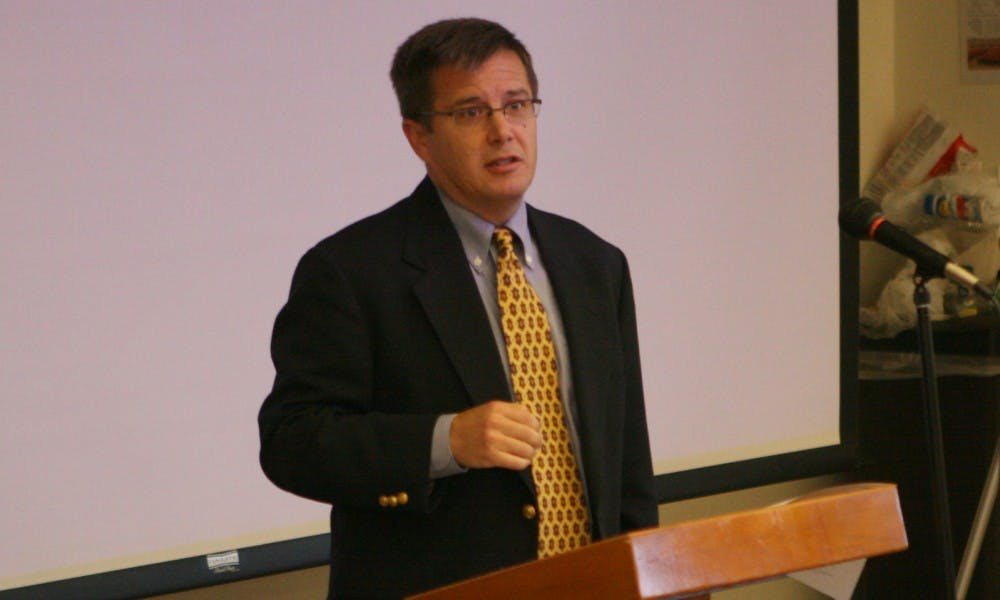Students may soon have a tougher time passing courses they choose to take pass/fail.
A proposal under consideration by the Arts and Sciences Council would require students to earn at least a C- in a course to pass, an increase from the D- required under the current pass/fail policy. The terms for the grading options would change from “pass” and “fail” to “satisfactory” and “unsatisfactory” in order to reflect the higher threshold under the proposed policy.
Students would also be allowed to take seminars and tutorials on a satisfactory/unsatisfactory basis. The policy changes do not affect courses that can only be taken pass/fail, such as physical education classes.
“The goal of this effort was to encourage students to explore more, to take more risk when they’re picking courses,” said Peter Feaver, Alexander F. Hehmeyer professor of political science, who chaired the committee that considered changing the pass/fail policy.
The new policy may allow freshmen—who cannot currently take courses pass/fail—to register on a satisfactory/unsatisfactory basis. Additionally, individual departments may be allowed to permit students to count courses taken under the new policy toward major prerequisite and co-requisite requirements. The Arts and Sciences Council will vote on these issues, as well as the grading change, at its November meeting.
The council will also vote next month on the deadline for students who wish to declare that they are taking a course on a satisfactory/unsatisfactory basis.
Discussion on the issue was contentious. Senior Chelsea Goldstein, a member of The Chronicle’s Editorial Board, said at the meeting that students should be allowed to choose to take a course on a satisfactory/unsatisfactory basis up to a month before the end of the semester, which is also the deadline to withdraw from a course.
George McLendon, dean of the faculty of Arts and Sciences and dean of Trinity College, said he favored a different proposal, which would require students to choose to take a course on a satisfactory/unsatisfactory basis by the end of the third week of classes.
Students who had chosen to take a class on a satisfactory/unsatisfactory basis could choose to revert to the normal grading system four weeks before the end of the semester.
McClendon said this policy would help prevent students from taking courses on a satisfactory/unsatisfactory basis just to boost their grade point averages. But Goldstein, who submitted a proposal to change the pass/fail policy last year as Duke Student Government vice president for academic affairs, said her policy would encourage students who might otherwise withdraw from a course to remain in it on a satisfactory/unsatisfactory basis.
Feaver said his committee sought to maintain Duke’s academic reputation in the new policy by allowing students to take only four courses on a satisfactory/unsatisfactory basis.
Get The Chronicle straight to your inbox
Signup for our weekly newsletter. Cancel at any time.

